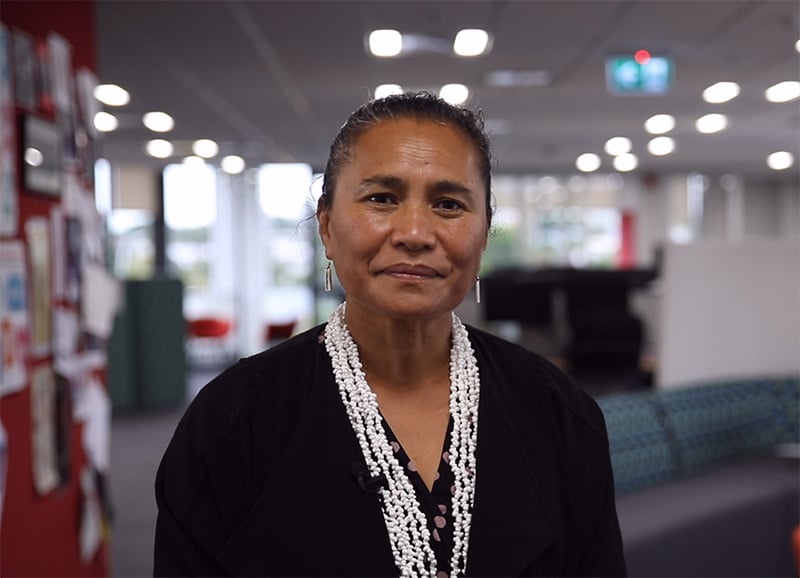By Saunoamaali’i Karanina Sumeo, Equal Employment Opportunities Commissioner

Decent Work is a human right. It’s referred to in the United Nations Declaration of Human Rights, and it’s also referred to in different conventions that New Zealand has signed up to. We have a duty to uphold those human rights.
These rights include equal pay for equal work, a safe environment, the right to social security, the right to protection from unemployment, and the right to join a union.
It is the duty of everyone, from businesses to government to unions and wider civil society, to ensure that those fundamental rights are realised for everybody. That’s the obligation we are bound to.One of the best ways to have Decent Work recognised is to actually write those words into policy, write them into our laws, and write them in our own business policies in our workplaces. If there’s an equal employment opportunities policy, write ‘Decent Work’ in there. And then when the words are there, it becomes, over time, one of the daily considerations that we think about.
When we see the words Decent Work, we think about fair pay, we think about ensuring there is no unconscious bias creeping into our recruitment policies, and creeping into our promotion policies. When we look at our management teams or our boards of directors, we are thinking of diversity and equality. So that’s what those words will help provoke in the minds of leaders, as well as the minds of everyone. We need to make Decent Work and human rights part of daily language in our workplaces.
The Human Rights Commission is working to support Decent Work as a human right. One initiative over the last three years has been our campaign to end pay secrecy and for pay transparency to be introduced by the Government. This is necessary in part to counter unconscious bias. Not addressing this results in things like the gender pay gap or the ethnic pay inequities, or our disabled workers who are doing the same work, while qualified and experienced, still being paid less. We want to address those acts of discrimination and marginalisation, and ensure decency.
We are currently running an inquiry into Pacific pay inequity. Why is it that, despite the loyalty of Pacific workers, and their qualifications and commitment, they continue to be the least paid based on an estimate basis in New Zealand? That’s inequality.
We are also working alongside MBIE, businesses, and some of our unions, to develop legislation to combat modern slavery. It’s particularly significant for Aotearoa’s migrant workers. We are absolutely dependent on talent from here, as well as talent from outside. And we need to protect that talent. If we don’t protect it, it impacts on our international reputation as a country and as a people, and people won’t want to do business with us.
We are very supportive of the Fair Pay Agreements bill, and support the work being done on income insurance, because protection from unemployment is fundamental. Workers rights are human rights.

